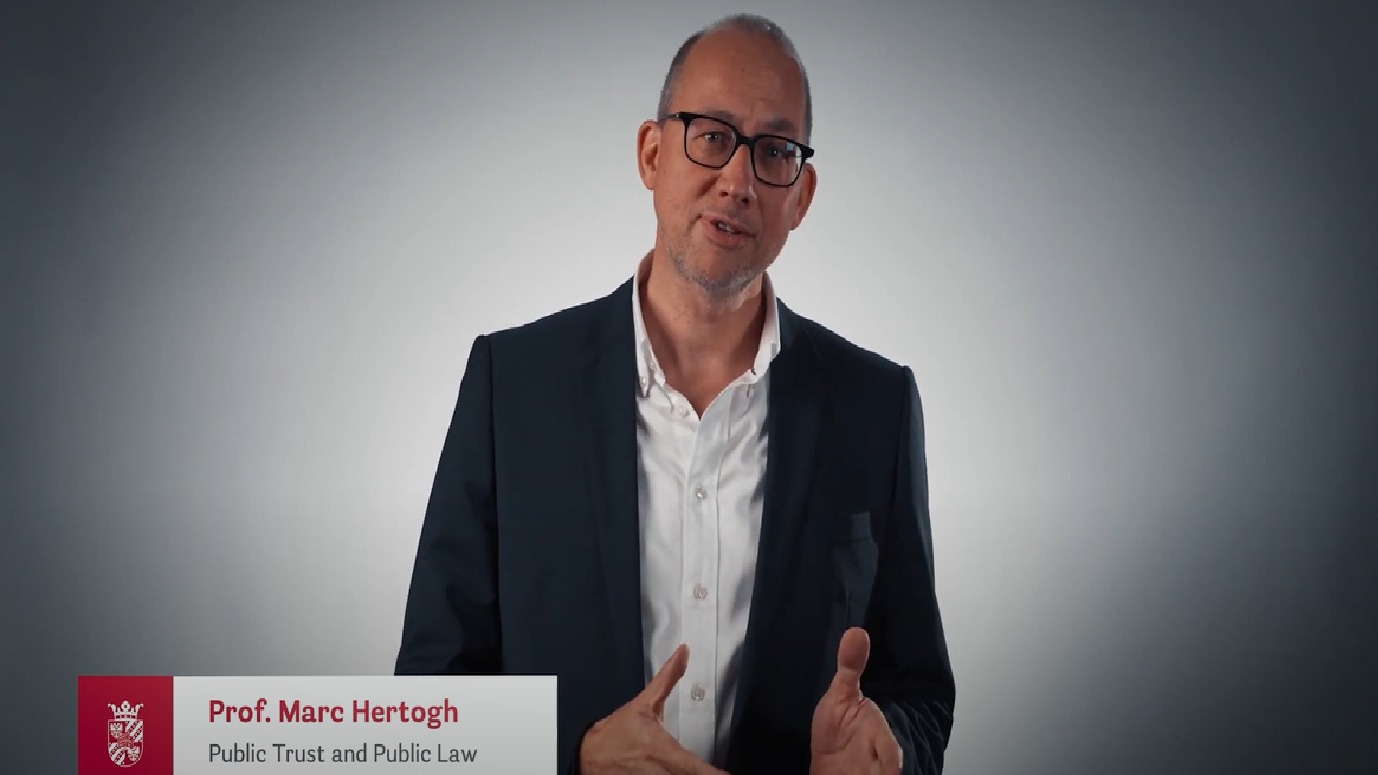Public Trust and Public Law
In the design of the democratic Rechtsstaat, public law and public trust are strongly interconnected. In this model, government can only be effective if citizens trust government institutions.
Citizens will trust their government if they can participate in political decision-making through elected representative bodies and if the way government decisions are made, executed and monitored are bound by clear and explicit rules. Since both these aspects are governed by public law, the content and quality of public law are thought to be crucial for creating and maintaining public trust, both in relation to the government vis-à-vis its citizens and in relation to different bodies and various levels of government itself.
Research question
This programme’s general research question is formulated as follows:
How may public law promote public trust in government, trust among different bodies of government, and trust among different levels of government?
Sub-questions
In general terms, the programme will address three sub-questions:
How may public law promote public trust in government?
How may public law promote trust among different bodies and different levels of government?
Which (legal) conditions contribute to the (perceived) legitimacy and acceptance of public law?
Key areas
This research programme focuses on the relation between public trust and public law in five different key areas:
-
Political decision-making
-
Regulation
-
Procedural justice
-
State structures
-
Public enforcement and supervision
Developments and public debate
In recent years, faith in the model sketched above has become less self-evident. First, globalization has amplified the importance of international and European law, to the detriment of the traditional legal authority of the nation-state. More and more, national public law has to make way for European public law.
Second, corporations and other private actors have become increasingly important for the regulation of public interests. In many areas, this has led to a shift from (public) government to (private) governance.
Finally, there have also been important changes in the views and attitudes of the general public. As a result of the social process of ‘emancipation’, many citizens no longer automatically accept the authority of government nor put one’s trust in public agencies.
Because of these three developments, the legitimacy of governments and that of the courts and other public institutions has gradually become a subject of public debate. While some public opinion polls and reports in the media claim that we are witnessing a ‘crisis of confidence’, others emphasize that compared to other countries in Western-Europe public trust in the Netherlands is still quite high.
Approach
Public Trust and Public Law is a multidisciplinary research programme, which involves both several (sub) fields of national and international public law and several social sciences. Researchers participating in the programme are active in the following academic disciplines:
-
(Dutch and European) administrative law
-
Constitutional law
-
Public order law
-
Legal philosophy
-
Political science
-
Public administration
-
Sociology of law

